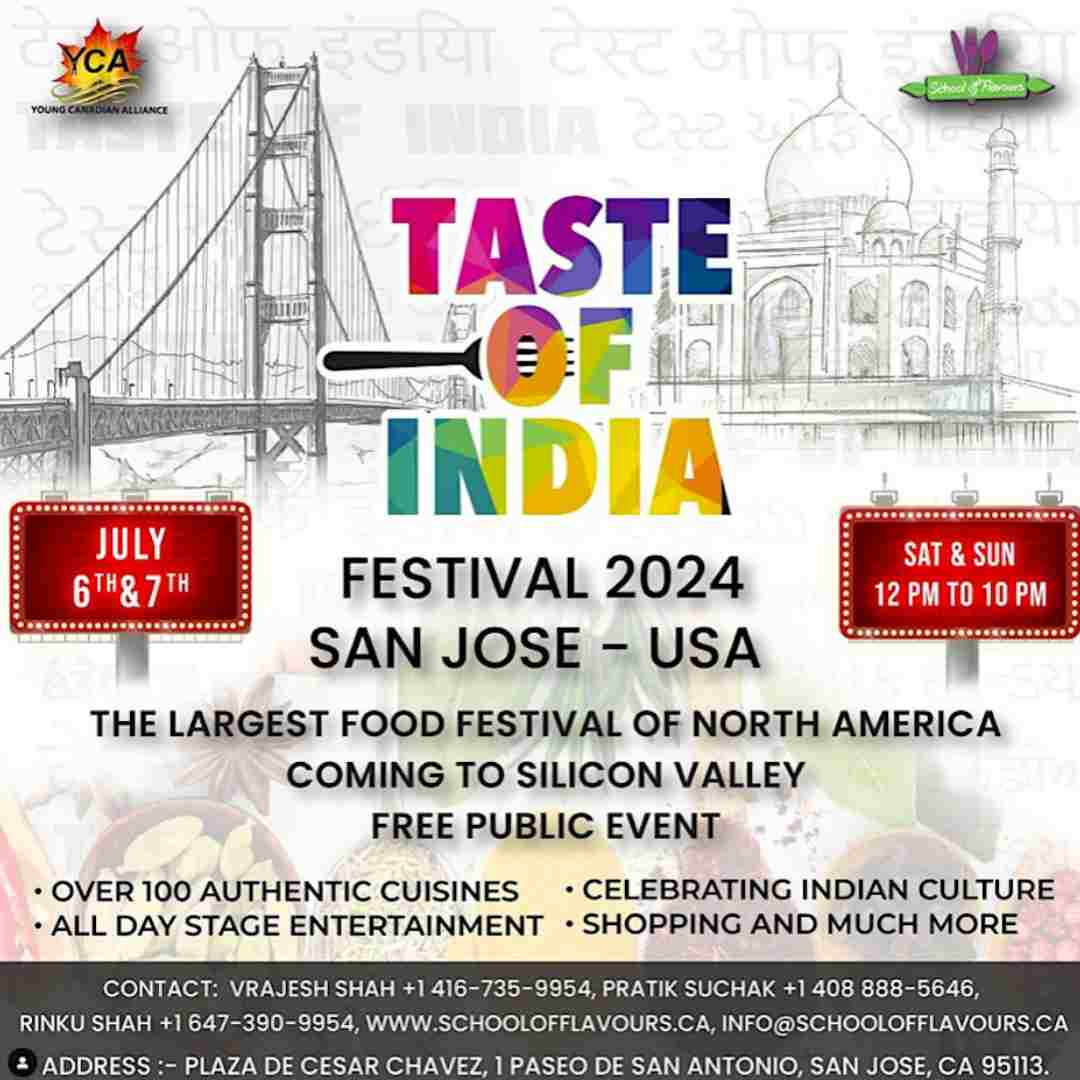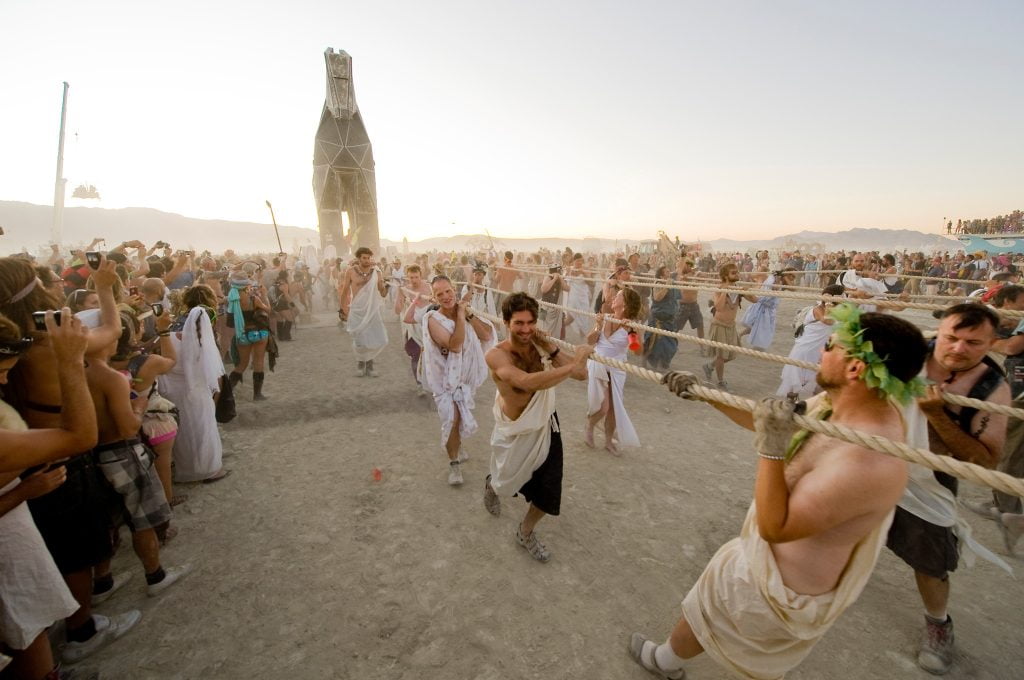Welcome to our blog as we unravel the beauty of Indian culture through its diverse and vibrant festivals. Today, we delve into the question that often piques curiosity – what is today’s Indian festival? India, known for its rich heritage, celebrates numerous festivals throughout the year, each holding deep cultural significance. Whether it’s the joyous celebrations of Diwali, the colorful revelry of Holi, or the auspicious rituals of Navratri, Indian festivals capture the essence of unity in diversity. Join us as we explore the essence and traditions of today’s Indian festival, highlighting the customs, legends, and the joyous fervor that characterize these cultural celebrations.
Introduction to Today’s Indian Festival
Today’s Indian Festival is a vibrant celebration that showcases the rich cultural diversity of India. From traditional rituals to colorful decorations, each festival holds a special significance in the hearts of the people. It serves as a time for families to come together, indulge in traditional delicacies, and partake in various festivities.
Significance of Festivals in India
Indian festivals are deeply rooted in tradition and are often based on religious beliefs, harvest seasons, or historical events. They play a crucial role in bringing communities together and fostering a sense of unity among people from different backgrounds. Each festival has its own customs, traditions, and rituals that are followed with great enthusiasm.
Participating in festivals allows individuals to connect with their cultural heritage, instilling a sense of pride and belonging. It also provides an opportunity to showcase traditional art forms, music, dance, and cuisine, adding to the cultural tapestry of the country.
Today’s Indian Festival Celebrations
During today’s Indian festival, streets are lined with vibrant decorations, marketplaces buzz with activity, and homes are illuminated with colorful lights. People dress in traditional attire and exchange greetings and gifts to mark the joyous occasion. From community gatherings to grand processions, the festivities are a sight to behold.
One of the most popular aspects of Indian festivals is the variety of delicious food offerings. Each festival has its own set of traditional dishes and sweets that are prepared with love and shared with family and friends. The aroma of spices and sweets fills the air, creating a festive atmosphere that lingers long after the celebrations end.

Significance of Today’s Indian Festival
Today’s Indian Festival holds immense cultural and traditional value in the country. It serves as a way for people to come together, celebrate, and honor their heritage. The festival reflects the rich diversity and vibrancy of Indian culture, showcasing a spectrum of customs, rituals, and cuisines.
Importance of Tradition
In the fast-paced modern world, Today’s Indian Festival acts as a reminder of the importance of tradition and the preservation of cultural practices. It allows individuals to reconnect with their roots, fostering a sense of belonging and pride in their identity.
Embracing tradition enhances the sense of community and unity among people, transcending differences and promoting harmony.
Celebration and Festivities
The festival is marked by colorful decorations, traditional attire, lively music, dance performances, and mouth-watering delicacies. Families and friends gather to participate in various rituals and exchange gifts as a token of love and respect.
- Traditional dances and music performances
- Cultural processions and parades
- Special prayers and ceremonies
- Feasting on delicious traditional dishes
History of Today’s Indian Festival
Indian festivals have deep-rooted cultural and religious significance, enriching the country’s heritage. Today’s Indian Festival refers to the diverse celebrations observed across the nation on a specific date each year.
Evolution of Festivals
Throughout history, Indian festivals have evolved, blending traditions and modern influences to create unique celebrations. The fusion of ancient rituals with contemporary practices has made these festivals vibrant and dynamic.
One of the most well-known festivals is Diwali, the Festival of Lights, symbolizing the victory of light over darkness and good over evil.
Regional Variations
India’s diverse culture is reflected in the multitude of regional festivals celebrated across the country. Each state showcases its distinct traditions and customs, adding a colorful tapestry to the nation’s festival calendar.
- Holi in North India
- Pongal in South India
- Bihu in Assam
Celebrations of Today’s Indian Festival
Today’s Indian festivals are marked by vibrant celebrations that showcase the rich cultural heritage of India. From traditional rituals to modern festivities, these festivals bring people together in joyous harmony.
Traditional Rituals
During today’s Indian festivals, traditional rituals like puja, aarti, and bhajan are performed with reverence. These rituals hold deep cultural and religious significance.
People adorn themselves in colorful ethnic attire, amplify the festive spirit with traditional Indian music, and indulge in delicious cuisine.
Modern Festivities
Alongside traditional practices, today’s Indian festivals have also embraced modern festivities. Events like cultural performances, art exhibitions, and technology-driven activities add a contemporary touch to the celebrations.
- Live music concerts
- Artisan markets
- Tech showcases
Traditions and Customs
India, known for its rich cultural heritage, celebrates a myriad of festivals each year. Today’s Indian festival showcases the vibrant customs and traditions of the country, reflecting its diversity and unity.
The Festive Colors
Indian festivals are a spectacle of colors, with every festival having its unique significance and rituals. From the bright hues of Holi to the elegant attires of Diwali, each festival brings out the traditional clothing, decorations, and cultural practices of the region.
During these festivals, families come together, adorned in traditional attire, to partake in rituals, feasts, and celebrations that have been passed down through generations.
Rituals and Ceremonies
The customs and traditions of Indian festivals often involve intricate rituals and ceremonies that have been practiced for centuries. These rituals symbolize various aspects of life, including prosperity, love, forgiveness, and new beginnings.
One of the most common customs during Indian festivals is the offering of prayers and sweets to the deities, seeking their blessings for a prosperous and harmonious life.
- Puja: Worship ceremonies conducted with flowers, incense, and offerings.
- Rangoli: Intricate patterns made with colored powders outside homes for auspiciousness.
- Aarti: Rituals involving the waving of lighted lamps before the deities.
Food and Delicacies
Exploring the culinary delights of Indian festivals is a journey filled with rich flavors and traditional recipes passed down through generations. The vibrant tapestry of Indian festivals is incomplete without the array of mouth-watering dishes that grace the dining tables.
Traditional Indian Sweets
One of the highlights of Indian festivals is the plethora of traditional sweets that are prepared with love and devotion. From creamy rasmalai to decadent jalebi, each dessert tells a story of culture and heritage.
Spicy Delights
Indian festivals also bring a burst of spice to the palate with savory treats like samosas and pakoras. These crispy, flavorful delights are perfect for snacking during festive celebrations.
Symbolism and Rituals
Indian festivals are rich in symbolism and rituals, each holding significant cultural and religious importance. The ceremonies and practices associated with these festivals vary across regions in India, showcasing the diverse traditions within the country. Symbolism plays a crucial role in connecting individuals to their heritage and belief systems.
Traditional Attire
One of the prominent aspects of Indian festivals is the traditional attire worn during celebrations. From vibrant sarees to intricately designed kurta-pajamas, clothing reflects the essence of the festival. People often adorn themselves with colorful accessories and jewelry, symbolizing prosperity and joy.
Additionally, individuals may apply henna designs on their hands, a practice considered auspicious and a symbol of love and good fortune.
Offerings and Prayers
During festivals, offerings are made to deities as part of religious rituals. Flowers, fruits, sweets, and incense are commonly offered at temples and homes. Prayers are recited with deep devotion and belief, seeking blessings for prosperity and well-being.
- Devotees visit temples to perform aarti, a ceremony involving the use of lamps to worship deities.
- Special pujas are conducted, accompanied by chants and hymns, creating a sacred atmosphere.
Modern Influences on Today’s Indian Festival
Today’s Indian festivals have evolved over time with the influence of modern practices and trends. As the world becomes more interconnected, traditional Indian festivals have started incorporating elements from global cultures and technologies, making them more dynamic and inclusive.
Incorporation of Technology
With the advent of social media and digital platforms, Indian festivals have embraced technology for spreading awareness, organizing events, and connecting with a larger audience. Virtual celebrations, live streaming of rituals, and online cultural exchanges have become common features of modern Indian festivals.
This shift towards digitalization has not only made festivals more accessible to a global audience but has also preserved cultural traditions in a rapidly changing world.
Fashion and Design Trends
Another significant modern influence on Indian festivals is the integration of contemporary fashion and design trends. Traditional attire has been given a modern twist with innovative designs and fusion styles, reflecting the evolving tastes of the younger generation.
From festive runway collections to social media influencers showcasing festive looks, fashion has played a pivotal role in reshaping the aesthetic appeal of Indian festivals.
Frequently Asked Questions
- What Indian festival is being unveiled today?
- Today’s Indian festival being unveiled is (fill in the blank with the name of the festival).
- Why is it important to know about today’s Indian festival?
- Understanding and celebrating different Indian festivals can help in appreciating the diverse cultural heritage of India and fostering unity.
- How do people typically celebrate Indian festivals?
- People celebrate Indian festivals by (mention common ways of celebration like decorating homes, preparing special dishes, wearing traditional attire, etc.).
- Are Indian festivals based on any specific religious or cultural significance?
- Yes, Indian festivals are often rooted in religious beliefs, cultural traditions, historical events, or seasonal changes.
- Can anyone participate in today’s Indian festival celebrations?
- Most Indian festivals are open to everyone, irrespective of their background, and participation can offer a unique cultural experience.
Unlocking the Essence of Today’s Indian Festival
In conclusion, today’s Indian festival holds immense cultural and spiritual significance. Understanding the diversity of India’s festivals enriches our knowledge and appreciation for its traditions. Whether it’s Diwali, Holi, or Navratri, each festival brings people together in joy and celebration. Exploring these festivities not only showcases the vibrancy of Indian culture but also fosters unity and harmony among communities. So, the next time someone asks, “What is today Indian festival?” remember that it’s a gateway to discovering the colorful tapestry of India’s rich heritage. Let’s embrace the spirit of these festivals and cherish the values they impart.




